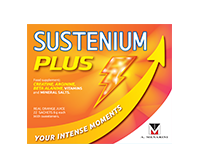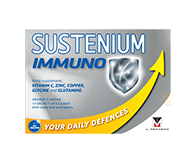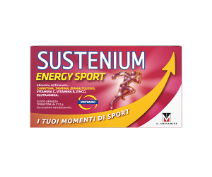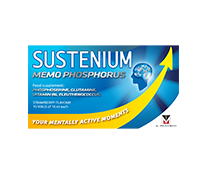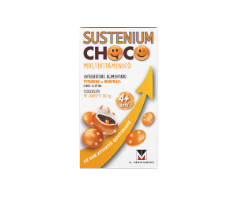Water is essential for life because it contains minerals that play important roles in our wellbeing. When we lose water we don’t lose only liquids, but also minerals.
The role of water in living beings
Water is a vital component for all living beings. In humans, about 60% of the adult body is water, and we must drink water every day to survive. Water serves a large number of essential functions such as regulate our body temperature through sweating and respiration, and helps to remove waste through urination. Our blood is mostly water, and the carbohydrates and proteins that our bodies use as food are transported by water in the bloodstream.










